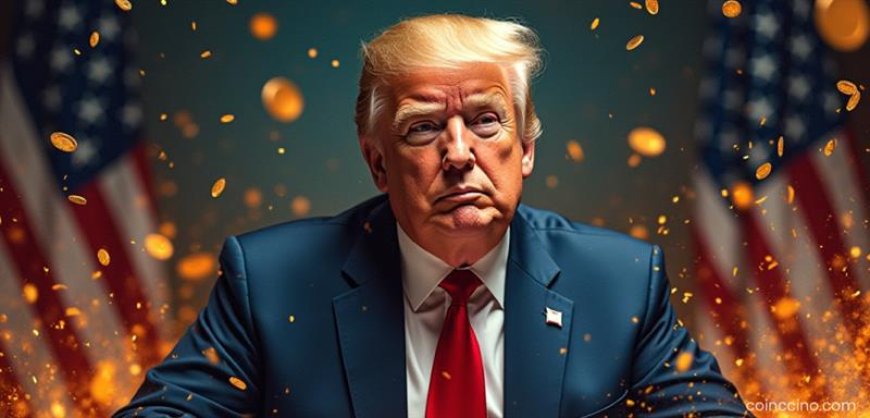Trump Family Reportedly Earns Over $1 Billion from Crypto Ventures Amid Regulatory Shift
A recent investigation suggests that U.S. President Donald Trump and his family have made more than $1 billion in pre-tax profits through various cryptocurrency ventures. These include memecoins, stablecoins, NFTs, and other tokenized finance platforms.

Market Context
This development comes at a time when crypto-friendly policies have been gaining traction in U.S. regulation. It reflects how political influence, regulation, and digital-asset innovation are becoming increasingly entwined. As memecoins and decentralized finance grow, so does scrutiny over how political figures can benefit from them.
Technical Details with Attribution
- According to Benzinga, Trump and his family have earned over $1 billion in pre-tax profits from crypto ventures in the past year.
- The primary vehicle appears to be World Liberty Financial (WLFI), co-founded by Trump’s sons, which has sold billions in tokens and stablecoins.
- Memecoins tied to the family—such as $TRUMP and $MELANIA—also contributed significantly.
- Eric Trump reportedly said that the real figure may be “probably more” than $1 billion.
- In his financial disclosures, Trump reported $57.3 million income from World Liberty Financial during 2024.
Analyst Perspectives
Some observers view these apparent gains as a sign of how political leverage and crypto regulation can intersect in new ways. They note that favorable policy stances may have enabled accelerated token-sales or adoption. At the same time, others warn that disclosures are limited, valuation methodologies are opaque, and there remains risk of conflict-of-interest or ethical scrutiny—especially given ongoing debates about regulation and presidential transparency.
Global Impact Note
That a high-profile political family may generate such crypto profits underlines how digital assets are no longer just niche markets—they’re increasingly part of mainstream power structures. Internationally, this raises questions about how political office, private token-based ventures, and regulatory regimes intersect. It may spur fresh calls for oversight or reform around crypto holdings tied to public figures.